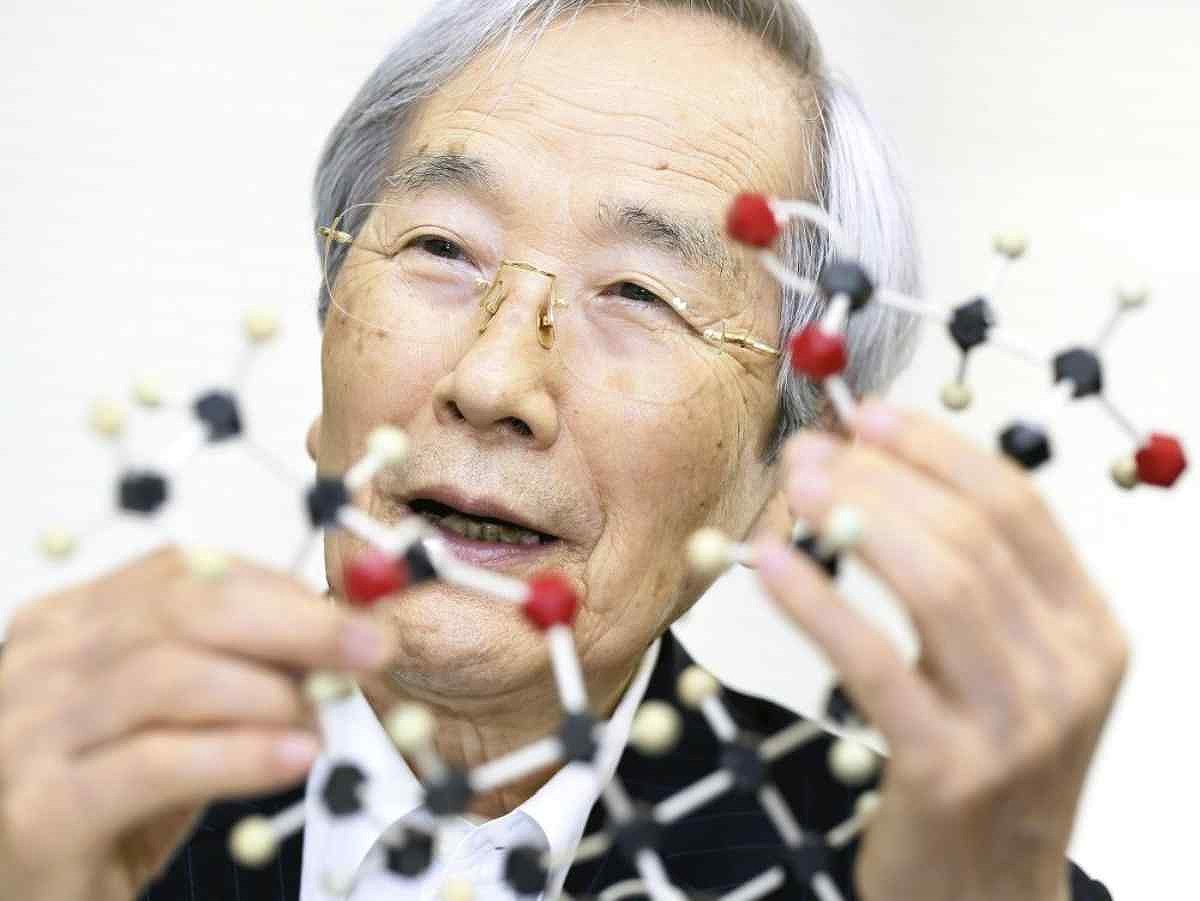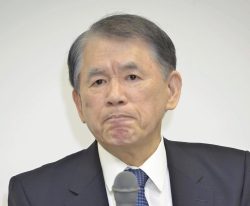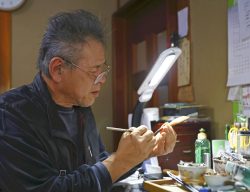Akira Endo, Contributor to Development of Statins, Dies at 90; His Name Had Been Floated for Nobel Prize

Akira Endo in 2017
23:29 JST, June 11, 2024
Tokyo (Jiji Press)—Akira Endo, special honorary professor at Tokyo University of Agriculture and Technology who contributed to the development of statins, which are innovative drugs that help lower cholesterol levels, died of illness in Tokyo on Wednesday. He was 90.
Endo discovered a substance derived from blue mold that inhibits the synthesis of cholesterol.
In 1957, Endo graduated from Tohoku University and joined major drugmaker Sankyo Co., a predecessor of Daiichi Sankyo Co. In the two years from 1966, he studied in the United States, where heart attacks caused by high cholesterol were among the top causes of death.
After returning to Japan, Endo reached a conclusion that it would be more effective to inhibit cholesterol synthesis in the liver, rather than cutting down on the amount of cholesterol consumed through food.
He spent two years examining the components of about 6,000 kinds of mold and mushrooms, and discovered compactin, a synthetic inhibitor, from blue mold collected from a rice store in the western Japan city of Kyoto in 1973.
In 1987, Merck & Co. of the United States, which had been temporarily in a cooperative relationship with Sankyo, became the first company to release a drug using a type of statin.
Similar drugs have been released by Sankyo and other companies since then, greatly contributing to the prevention and treatment of heart attacks and strokes.
At Tokyo University of Agriculture and Technology, Endo served as a professor from 1986 to 1997 and became a special honorary professor in 2008.
He received many awards both at home and abroad, including the Japan Prize in 2006, the U.S. Lasker-DeBakey Clinical Medical Research Award in 2008, the Person of Cultural Merit in 2011 and the Canada Gairdner International Award in 2017. His name has also been floated for a Nobel Prize.
Top Articles in Society
-

Producer Behind Pop Group XG Arrested for Cocaine Possession
-

Man Infected with Measles Reportedly Dined at Restaurant in Tokyo Station
-

Woman with Measles Visited Hospital in Tokyo Multiple Times Before Being Diagnosed with Disease
-

Bus Carrying 40 Passengers Catches Fire on Chuo Expressway; All Evacuate Safely
-

Tokyo Skytree’s Elevator Stops, Trapping 20 People; All Rescued (Update 1)
JN ACCESS RANKING
-

Producer Behind Pop Group XG Arrested for Cocaine Possession
-

Japan PM Takaichi’s Cabinet Resigns en Masse
-

Man Infected with Measles Reportedly Dined at Restaurant in Tokyo Station
-

Israeli Ambassador to Japan Speaks about Japan’s Role in the Reconstruction of Gaza
-

Videos Plagiarized, Reposted with False Subtitles Claiming ‘Ryukyu Belongs to China’; Anti-China False Information Also Posted in Japan


























